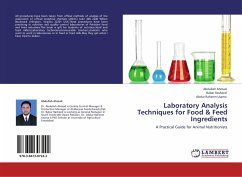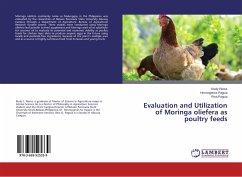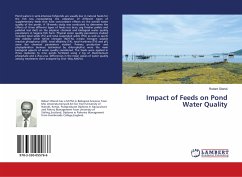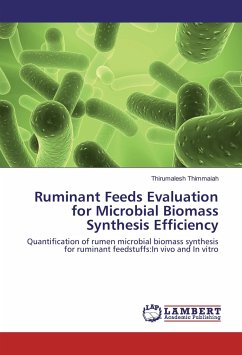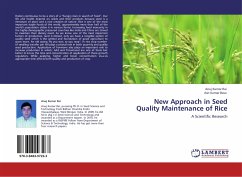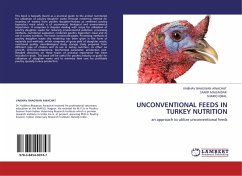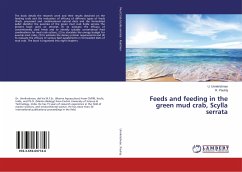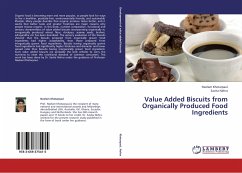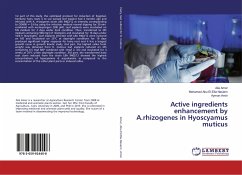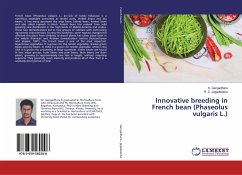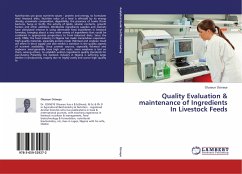
Quality Evaluation & maintenance of Ingredients In Livestock Feeds
Versandkostenfrei!
Versandfertig in 6-10 Tagen
39,99 €
inkl. MwSt.

PAYBACK Punkte
20 °P sammeln!
Nutritionists use gross nutrients values - protein and energy, to formulate their livestock diets. Nutritive value of a feed is affected by its energy density, proximate composition, digestibility, the presence of toxins (from bacteria, fungi or both), the activity of lipids, vitamin contents, growth factors and other additives. Worldwide ingredients supplies and markets have stimulated interest in using alternative feed ingredients in livestock formulas, bringing about a very wide variety of ingredients that could be combined in appropriate proportions to form balanced diets. Since the early ...
Nutritionists use gross nutrients values - protein and energy, to formulate their livestock diets. Nutritive value of a feed is affected by its energy density, proximate composition, digestibility, the presence of toxins (from bacteria, fungi or both), the activity of lipids, vitamin contents, growth factors and other additives. Worldwide ingredients supplies and markets have stimulated interest in using alternative feed ingredients in livestock formulas, bringing about a very wide variety of ingredients that could be combined in appropriate proportions to form balanced diets. Since the early 1990s, the feed industry in Nigeria has made tremendous expansion. High quality materials, especially protein meals (fishmeal and soybean meal) are often in short supply and also exhibit a variation in the quality aspects of nutrient availability. Since protein sources, especially fishmeal and soybeans meal generally have high unit costs, more emphasis is laid on them, among others, to establish written ingredients quality standards for purchasing. Presently, the livestock industry in Nigeria is suffering large decline in productivity, majorly due to highly costly and scarce high quality fe



